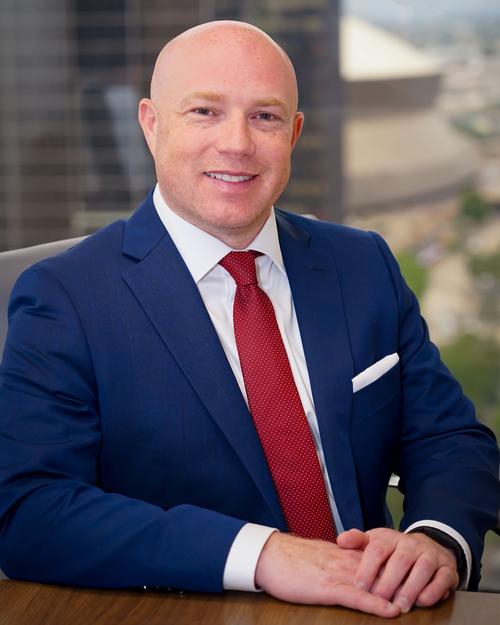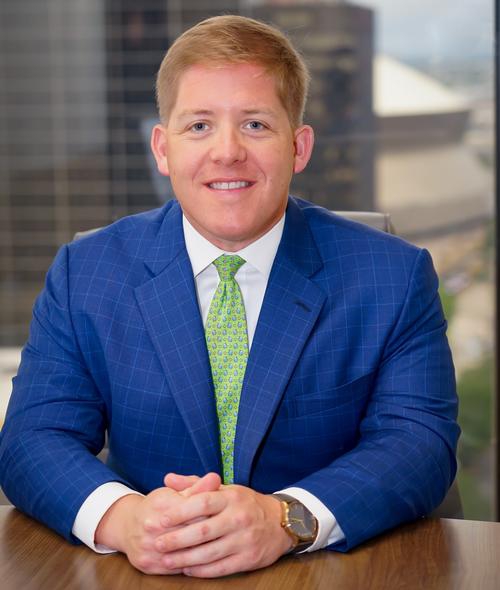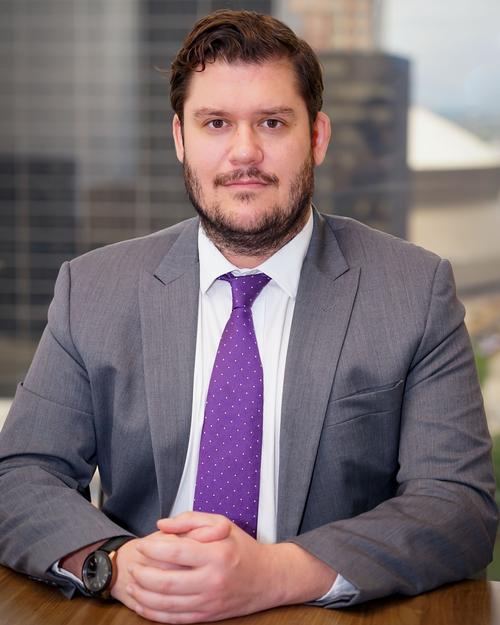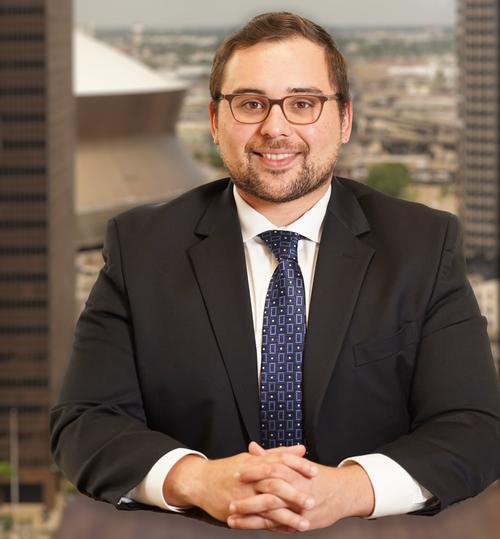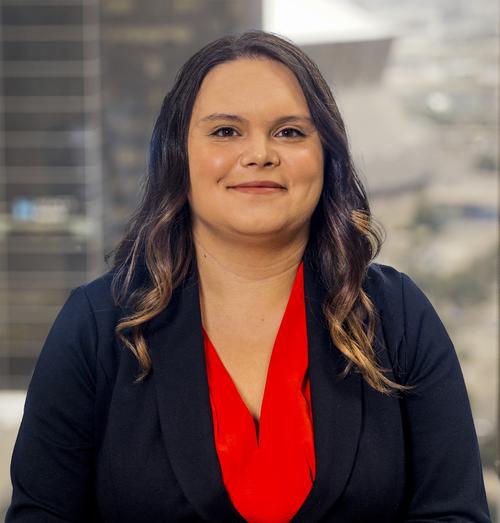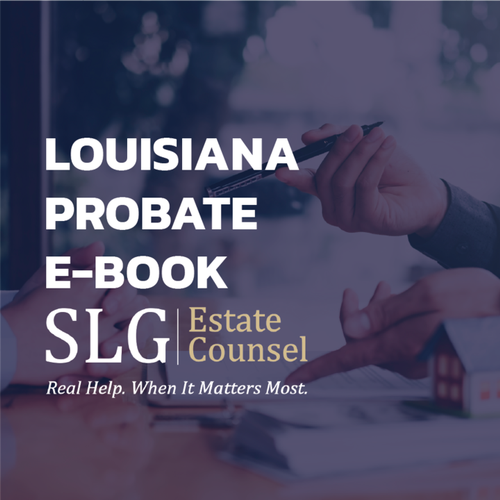Louisiana law affords most adult residents the right to make informed decisions about how their assets should be distributed upon their death. However, once a testator passes away, the fate of their estate is no longer in their hands. While the Bayou State’s probate courts do everything in their power to ensure that a decedent’s last wishes are honored, ordinary succession proceedings can be thrust into unexpected jeopardy if critical documents are forged or other heirs misrepresent material facts. 
Understanding Fraud and Louisiana Succession Claims
The state limits who can challenge the validity of a will. In general, only certain interested parties may initiate a probate claim. An interested party could include:
- An heir
- A legatee
- A creditor
However, a Louisiana probate court will only agree to oversee a probate dispute if the interested party, or petitioner, has cause to believe that a last will and testament is invalid. An heir could initiate a will contest on any of the following grounds:
- Undue influence, which occurs if someone is pressured, forced, or otherwise compelled to make estate decisions against their own interests
- Lack of capacity, which occurs when the testator does not understand the legal consequences of executing a will
- Forgery or fraud, which occurs if the will-writer never signed the will or was misled when signing the will
Fraud claims typically involve forged signatures, legally invalid testament, and unapproved amendments to the will.
Providing Evidence of Fraud
If an interested party to an estate wishes to challenge a will, they must initiate a will contest. In Louisiana, a will contest is considered a lawsuit. When filing a lawsuit, petitioners must be able to demonstrate the following:
- The petitioner has a legal interest in the estate.
- The petitioner has reason to believe that the will is forged or fraudulent.
- The petitioner will suffer damages if the will is recognized as valid.
However, even when heirs can demonstrate that they have a legal interest in the estate and will suffer damages if the will is recognized as valid, they must still show the court compelling evidence that the decedent’s will is fraudulent.
Since Louisiana succession courts must presume that most adults have the legal capacity to write a will, you may need to collect evidence to prove the will was improperly or falsely executed. This evidence could include the following:
- Samples of the decedent’s handwriting or signatures
- Expert analyses indicating that the will was most likely not written or signed by the decedent
- Testimony from the person or persons who witnessed the will being signed
- An original copy of the unaltered will
If the will is demonstrably fraudulent, the person, party, or entity responsible for illegally modifying the will could face criminal prosecution, and the petitioner may be awarded additional damages to compensate their legal expenses.
The Consequences of Overturning a Will
If the petitioner can satisfy the court’s requirements and provide compelling evidence of fraud, the probate judge may take any one or more of the following steps:
- The court may recognize the original, unaltered will as valid.
- The court could strike the fraudulently amended portion of the testament.
- The court might find the entire will invalid.
The consequences of overturning a will can be difficult to predict. If the court finds the will invalid, the deceased person’s estate might be distributed as if no will had ever existed. Since intestate successions and intestate inheritances are determined in accordance with a strict legal formula that privileges close relatives, overturning a will could lead the petitioner and other heirs to forfeit their inheritances.
Contact a Louisiana Estate Litigation Attorney Today
Overturning a will can have unexpected consequences that may not always work to your advantage. Before initiating a will contest, contact an experienced Louisiana probate litigation attorney to understand your options for upholding a loved one’s legacy. Please call Scott Law Group - Estate Counsel at 504-264-1057 to schedule your initial consultation as soon as possible.
|
Related Links: |


